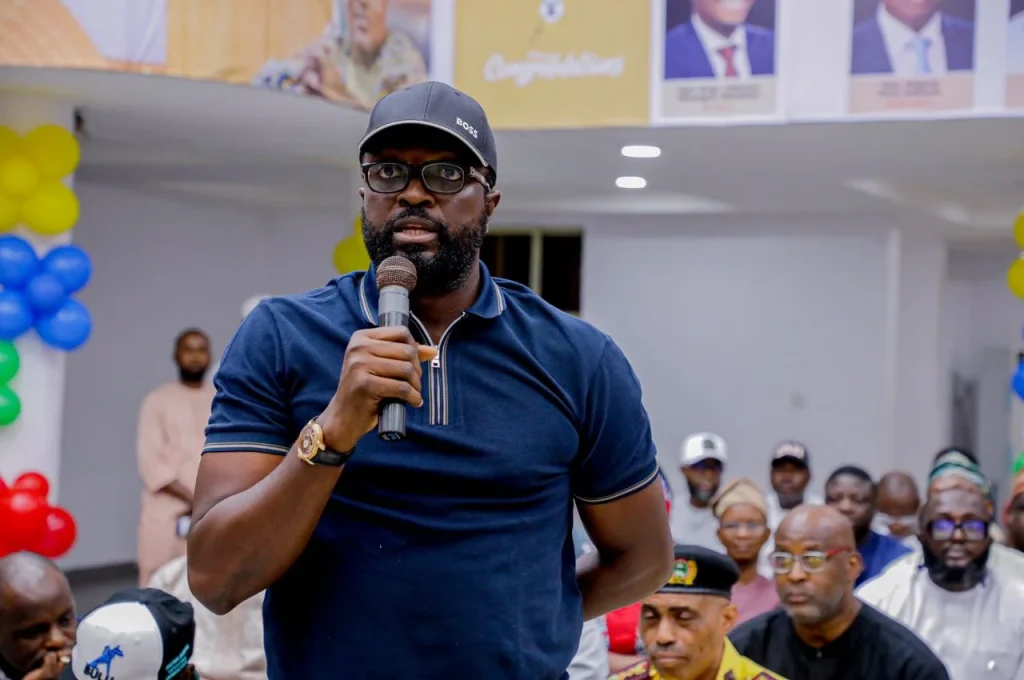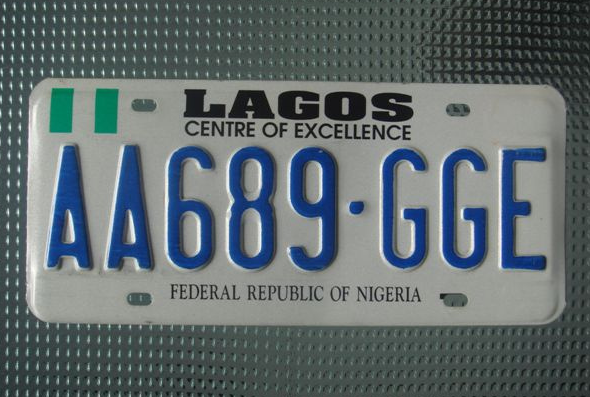The Lagos State Number Plate Production Authority (LSNPPA) has concluded plans to launch specially designed number plates aimed at identifying and recognising Persons Living With Disabilities (PLWDS) in the state.
This initiative was announced by the Lagos State Commissioner for Transportation, Mr Oluwaseun Osiyemi, during the 2025 Ministerial Press Briefing held in commemoration of Governor Babajide Sanwo-Olu’s second term in office.f
According to the commissioner, the initiative aligns with the administration’s THEMES Plus Agenda, which places a strong emphasis on inclusion and social equity.
Highlighting the achievements of the LSNPPA from May 2024 to March 2025, Mr Osiyemi noted that the agency produced a total of 218,400 standard number plates for both private and commercial vehicles.
“The LSNPPA serves as the manufacturing arm of the Lagos State Government, responsible for the production of number plates. Over the past 20 years, the authority has also diversified to manufacture aluminium-based road furniture, supporting the state’s infrastructure and aesthetics goals,” he explained.
Osiyemi added that customised number plates are available upon request, catering to specific preferences and official requirements.

In a move towards environmental sustainability, the commissioner announced that the LSNPPA, in collaboration with the Federal Road Safety Corps (FRSC), is developing new number plate formats that align with the state’s “Go Green” policy.
Addressing concerns about the fading of number plates, he reassured the public that high-quality materials are used in the production process. However, he attributed fading primarily to corrosive substances found in car wash products.
He further stated, “Just like humans have a lifespan, number plates do too. They should be replaced when necessary to maintain proper vehicle identification.”
People Living With Disabilities are individuals with long-term physical, intellectual, sensory, or mental impairments that, in interaction with various societal barriers, can limit their full and equal participation in public life.
These individuals often face systemic challenges, including stigma, inaccessibility of public spaces and transportation, limited employment opportunities, and social exclusion.
Misconceptions about PLWDS—such as the belief that they are wholly dependent or incapable—further exacerbate these challenges, hindering their ability to lead independent and fulfilling lives.
The introduction of disability-specific number plates is seen as a progressive step toward visibility, accessibility, and equity in public infrastructure.


 Trending
Trending 